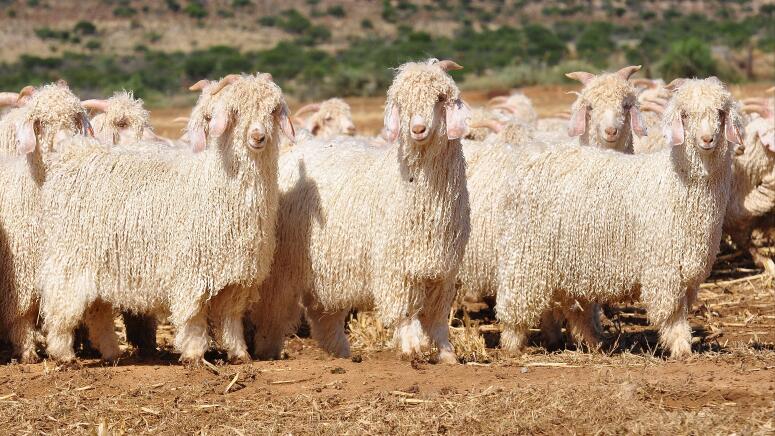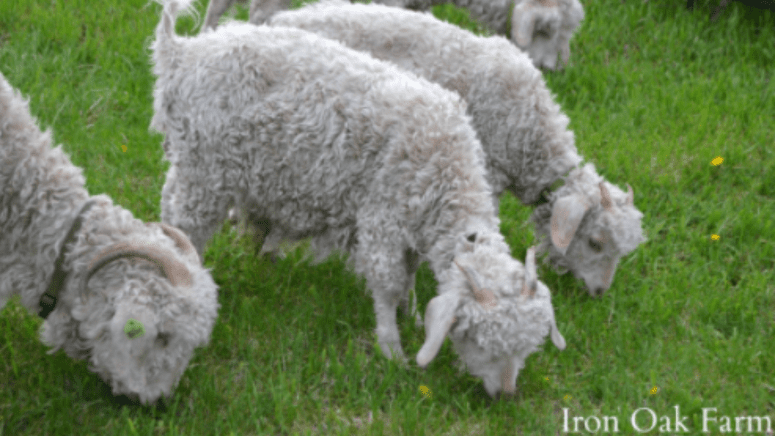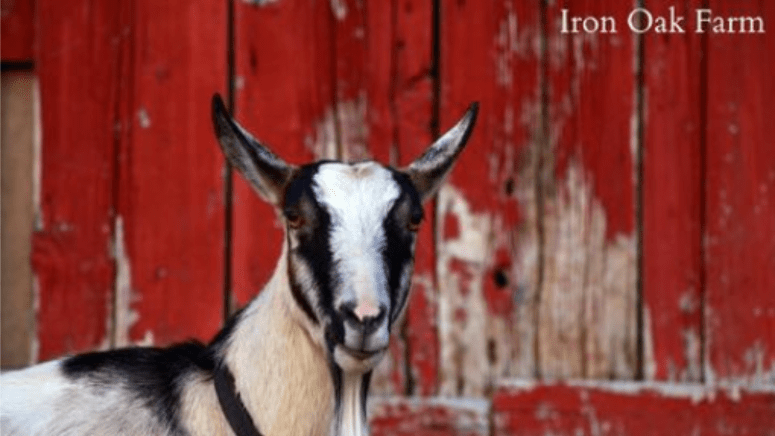Posted by Jennifer Sartell, Professional Homesteader & Blogger, Wed, Apr 4, 2018
Choosing the Right Goat Breed
Choosing the right goat breed for your farm or homestead can make or break your experience with goats. It can be exciting to rush to buy the first goat you find, but taking your time and doing a bit of research will really pay off in the long run.
The first question you want to ask is, “Why do I want goats?”
Goats are a great addition to any farm. They can be kept:
- For dairy
- For meat
- For fiber
- As pack animals
- As companion animals to larger livestock, like horses
- For brush control
- For breeding programs and sale of kids
- For 4-H projects or the show ring
- Or as a pet

Space Requirements for Goats
Once you’ve decided on the purpose of your goat, the next determining factor is space.
If you have a large farm with lots of room, expansive pastures and roomy stalls, then you can raise whatever goat breed you choose.
Goats are herd animals, so be prepared to keep at least two or else your goat may suffer from depression and even stop eating in extreme cases.
In addition to space, the next determining factor is secure housing and fences. Goats are very intelligent, persistent and determined animals. If they want something, there’s little to deter them from attempting to get it. Goats are very clever at escaping, so if you plan on raising large goats especially then you should be prepared to install heavy-duty fencing.
Small goat breeds such as the Nigerian Dwarf or Pygmy can be raised in relatively small areas. I’ve heard of urban hobby farmers successfully raising happy goats in downtown San Francisco and Detroit. Goats are quite adaptable, and with the right care and attention they can be raised in a variety of situations.
Larger breeds such as Boer, Nubian, Alpine or Saanen goats will appreciate larger areas. Bored, confined goats will become destructive and hard to manage.

Personality
Goats have individual personalities just like people, but there are usually some general similarities within the same breed. We raise Nubians, and they are very strong-willed and loud. They can be difficult to manage but produce delicious milk. Nubians require patience and routine. Once you establish “rank” in the herd, they are very loyal, loving animals.
Small goats can be very playful, which is fine because their smaller size lets them be more rambunctious without being too destructive. The larger dairy breeds tend to be gentle giants. We’ve raised Alpines in the past and they are sweet and eager to please. They’re easier to train on the milk stand and not quite as willful.
Our fiber goats are the most docile of all the goats I’ve raised. They are slower moving, quiet and a pleasure to raise. You do have to be careful raising them with other, more dominant breeds because you might experience bullying.
- The best way to learn the personality of a breed is to spend time with them.
- If you know of a local breeder, ask if you can come out for a few hours. Ask to shadow them during the morning or evening routine
- Go to shows or auctions. Ask the breeder about the temperament of their herd
- Spend time on goat forums talking to people about the breed you’re interested in

Cost of Raising Goats
The initial cost of a goat is relatively inexpensive. Depending on the size and the lineage of the breed, goats can sell anywhere from $50–$1,000. Usually a decent goat will be in the $200 range.
I also encourage those of you who are looking for goats as pets to check out your local animal shelter. You can find some amazing animals in need of a home for free sometimes.
The cost of raising goats comes mostly from feed and housing. Again, this comes down to size. Small goat breeds require less space, less feed and less pasture.
Goats raised for meat or dairy will require more feed than those kept as pets. It’s a good idea to do some research on how you want to feed your goats and do some price comparisons. Source grain or alfalfa and grass hay.
Our five Nubians are roughly 180 pounds each. They go through a bale of grass hay a day and around two pounds of grain each (that’s about two 50-pound bags per week). Any large breed will compare to this example, while smaller breeds will require less.
Final Thoughts
Whichever breed you choose, goats are not difficult to raise. Much of the learning comes in the doing. Do your reading, have a plan and you will find the goat that’s right for you.
History of Rhode Island Reds
Rhode Island Reds are a truly American breed, having been developed in Rhode Island and Massachusetts. In fact, the Rhode Island Red is the official bird of Rhode Island! In addition, there are not one, but two monuments to the breed in the state of Rhode Island—one in Adamsville and one in Little Compton.

